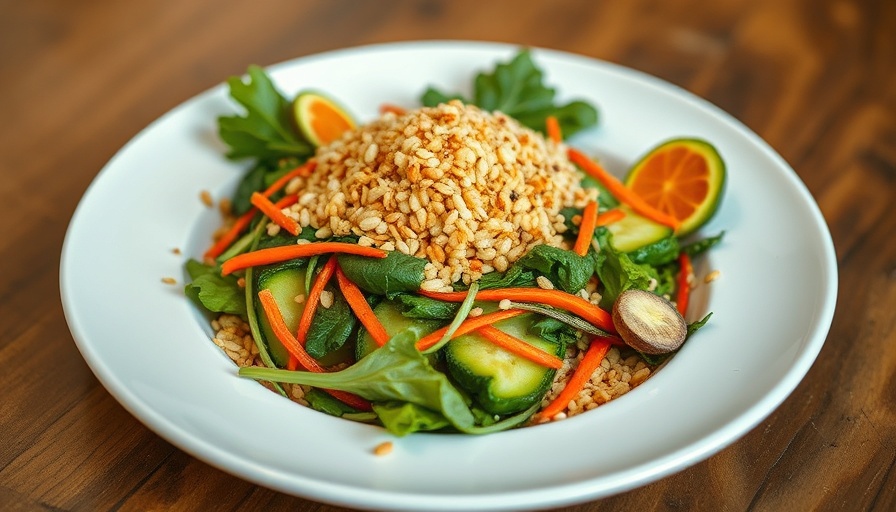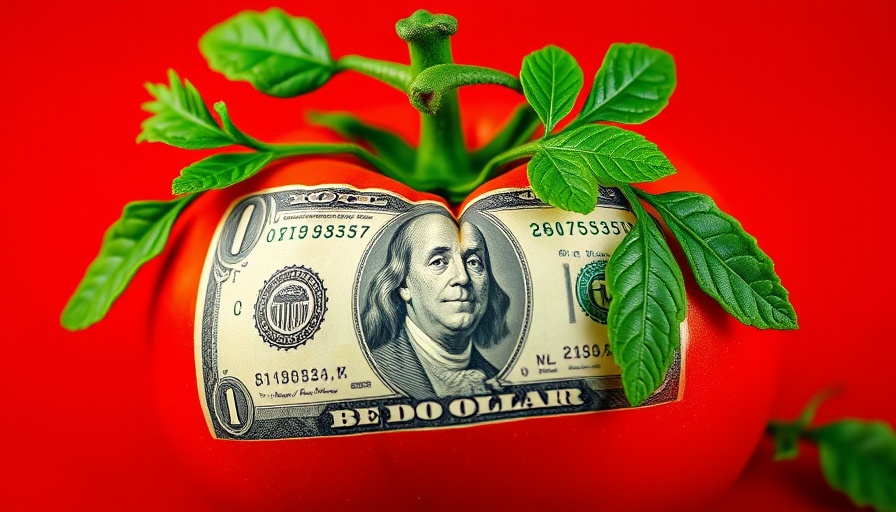
Shojin Ryori: The Essence of Devotional Cuisine
Shojin ryori, or devotion cuisine, emerges as a form of Buddhist vegetarian culinary tradition introduced to Japan during the 6th century. Defined by the principle of ahimsa, it eschews animal products, instead celebrating the bounty of nature in plant-based meals. The intriguing aspect of this meal lies in its meticulous preparation, utilizing seasonal produce and mountain vegetables, thus creating a spiritual dining journey through gastronomy.
Stepping into the realm of Buddhist food philosophy involves embracing balance, as expressed in the artful use of wuxing principles to incorporate the rule of five – colors, flavors, and techniques – each defining element mirrored in the preparation and presentation of these dishes. This integrated approach offers diners a serene culinary experience that pays homage to the essential Buddhist tenant of harm avoidance.
Chef Daisuke Nomura: Crafting a New Generation of Shojin Ryori
Sougo, located in Roppongi, Tokyo, represents the vision of Chef Daisuke Nomura, a prodigy in the evolutionary track of shojin ryori. Born into a culinary legacy, his venture into culinary independence in 2015 led to the creation of Sougo, where innovation and tradition intersect. His expertise, cultivated through his family's esteemed restaurant daigo, propels Sougo into a new era of shojin ryori cuisine.
Chef Nomura’s culinary narrative at Sougo emphasizes evolution and excitement, breathing modern life into historic dishes such as sesame tofu. Bringing it from a static cold dish to a fried variant, paired creatively with elements like umami sauce, Chef Nomura redefines expectations, allowing diners to partake in a dynamic gastronomic feast.
The Culinary Experience: Where Tradition Meets Tokyo's Vibrancy
Sougo offers more than just a meal; it promises an immersive cultural journey for those eager to explore the depths of Japanese Buddhist cuisine in the heart of Tokyo. Located amid the bustling streets and vibrant neon signs of Roppongi, Sougo invites food enthusiasts (and digital nomads with a craving for unique flavors) to experience the kaiseki-style shojin ryori paired expertly with sake and wine.
With Tokyo as your backdrop, the fusion of such traditional dietary rituals with modern flair makes dining at Sougo not just a meal, but a memorable moment of culinary enlightenment. Each dish served is designed not only to satisfy the appetite but to invoke a deeper sense of serenity and thoughtfulness that resonates with the core values of Buddhist practices.
Future Trends in Vegetarian Dining
As vegetarian and plant-based cuisines continue to surge in popularity worldwide, Sougo stands at the forefront, championing these dietary practices with a unique Japanese twist. With veganism growing into an influential lifestyle choice, there exists a compelling forecast for Buddhist culinary traditions to influence global dining preferences, involving thoughtful preparation and reverence for the ingredients' natural flavors.
Such progressive adoption of traditional methods into mainstream dining presupposes exciting opportunities for food enthusiasts and chefs alike. The artistic creativity inaugurated by chefs like Nomura inspires a renaissance in how we perceive ancient cuisines, encouraging a deeper appreciation of meatless meals without compromising flavor or richness.
 Add Row
Add Row  Add
Add 




Write A Comment